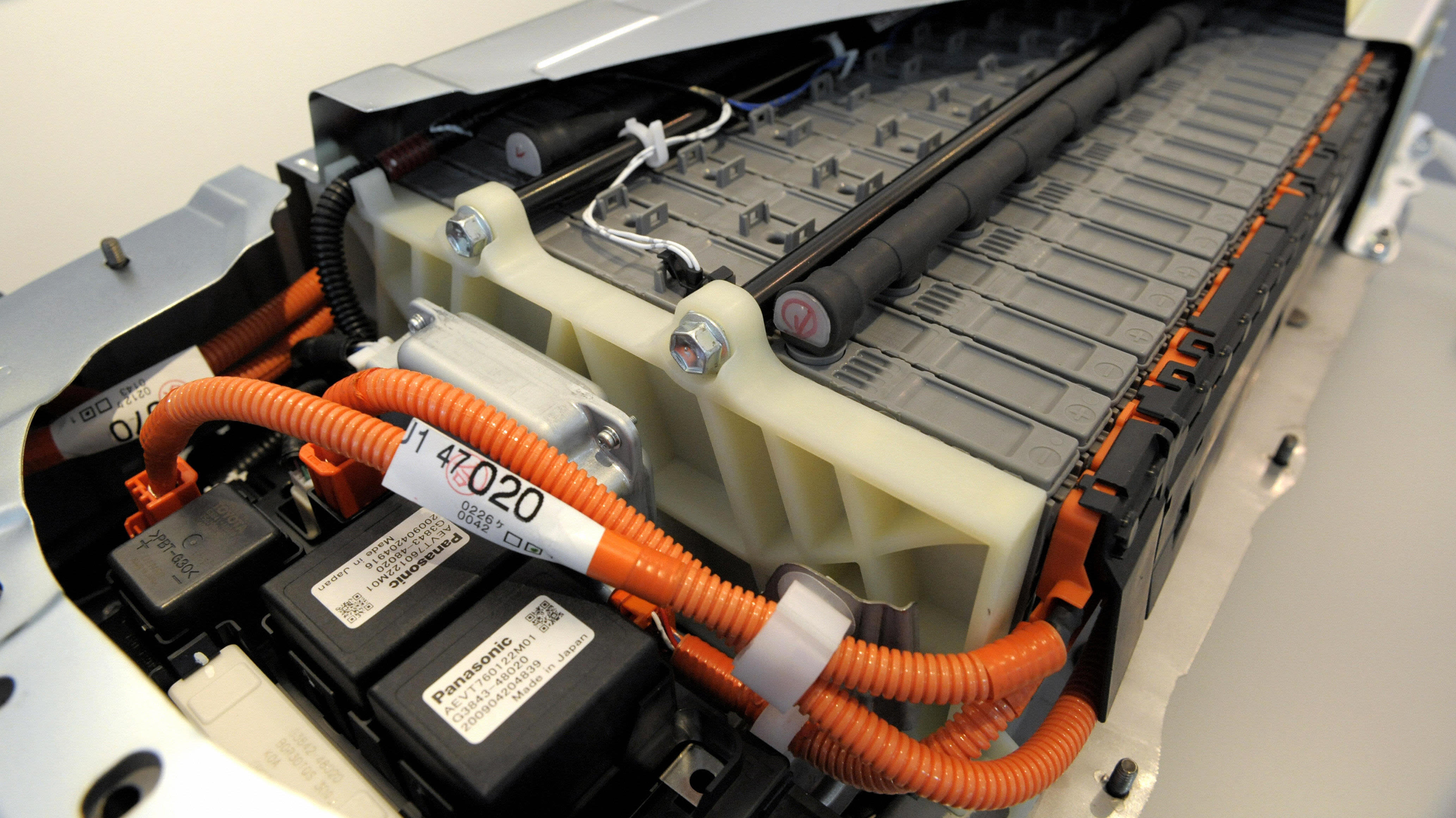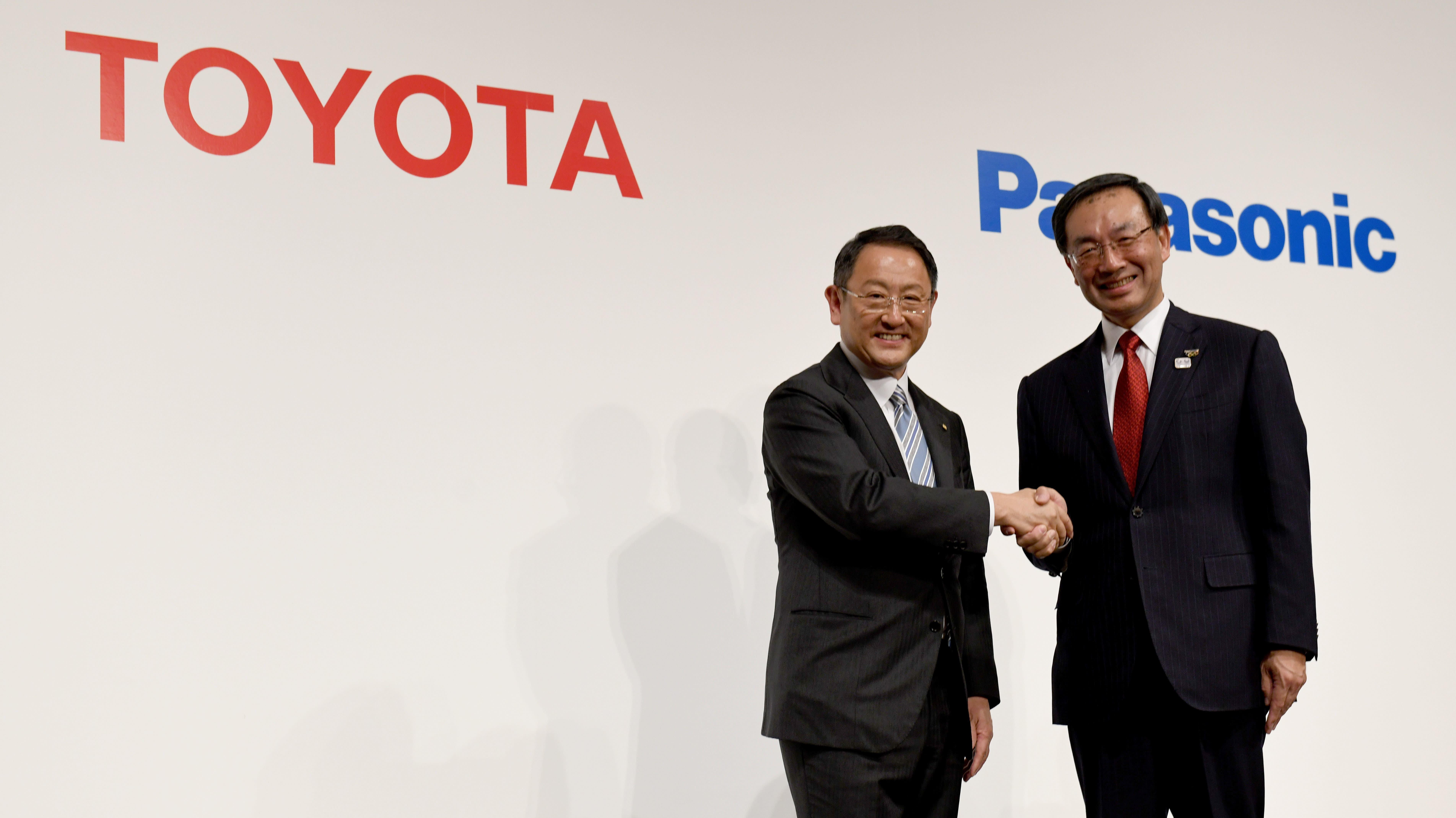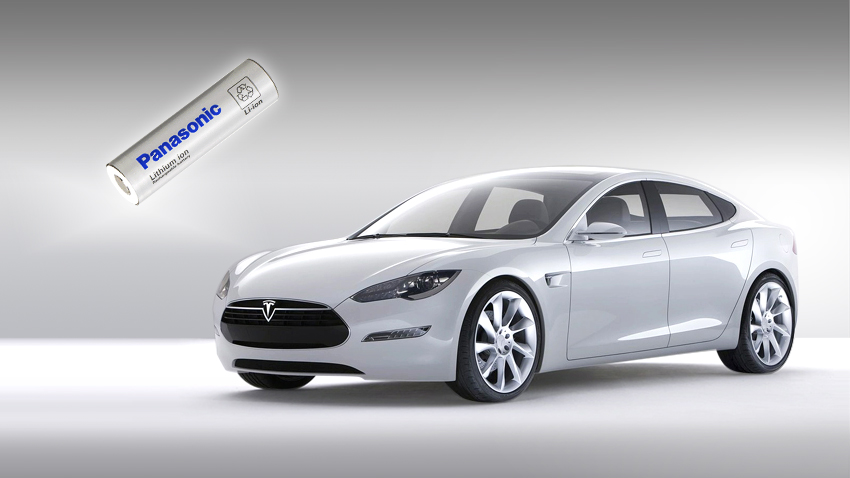Tesla Battery-Supplier Panasonic Thinks It's Time It Started Seeing Other People
Panasonic has supplied Tesla's batteries as far back as the carmaker's plucky startup days, but the two companies' relationship is changing and Tesla wants to rely less on Panasonic. Now, Panasonic has announced the same.
Kazuhiro Tsuga, Panasonic's upcoming chairman and ex-CEO, told the Financial Times (FT) that his company wants to supply more carmakers with batteries because Panasonic is evolving. Tsuga elaborated his company's position in the following during an interview with the FT:
"At some point, we need to graduate from our one-legged approach of relying solely on Tesla[.] We are entering a different phase and we need to keep an eye on supplying manufacturers other than Tesla."
Tsuga also acknowledged during the interview that Panasonic's choice to produce batteries for Tesla has left them at a slight disadvantage because its batteries are not compatible with other EVs, as follows:
"We need to make batteries that are easy to use for other carmakers[.] Currently it is difficult to sell unless there is a company that is able to handle our cylindrical batteries with Tesla specifications.

So, the company plans on shifting some of its focus away from Tesla battery production and onto more industry-friendly batteries. In fact, that shift has yielded partnerships with other auto makers already, as the FT describes:
Panasonic has an existing battery tie-up with Toyota and it has previously supplied batteries to European carmakers including Volkswagen. But the cylindrical lithium-ion type it makes for Tesla requires sophisticated skills in temperature management to prevent batteries from catching fire and to make them last longer.

And I can appreciate how the two companies had a symbiotic relationship up to a point, but that seemed to wind down when Tesla said it planned to make batteries in-house, and/or when it started sourcing these from other suppliers like LG Chem and Contemporary Amperex Technology Co.
Overall, it just seems like the two companies outgrew each other but at least Panasonic saw a return to profitability during its partnership with Tesla, according to the FT.
You don't have to feel bad for Panasonic; it's doing just fine. In any case, Panasonic's shift away from Tesla comes at a good time as EVs proliferate.
